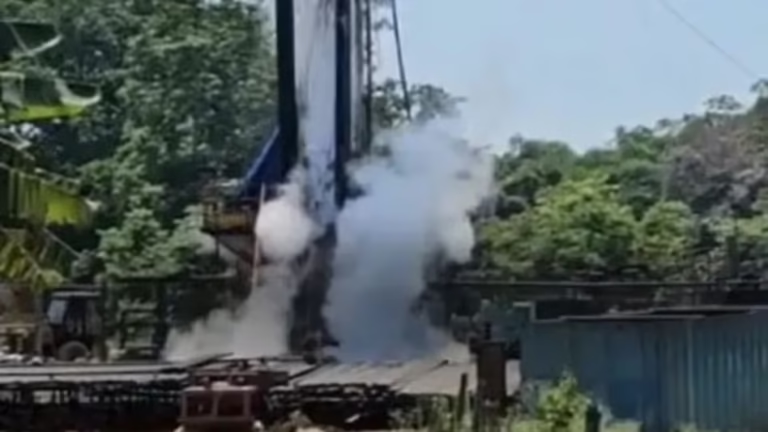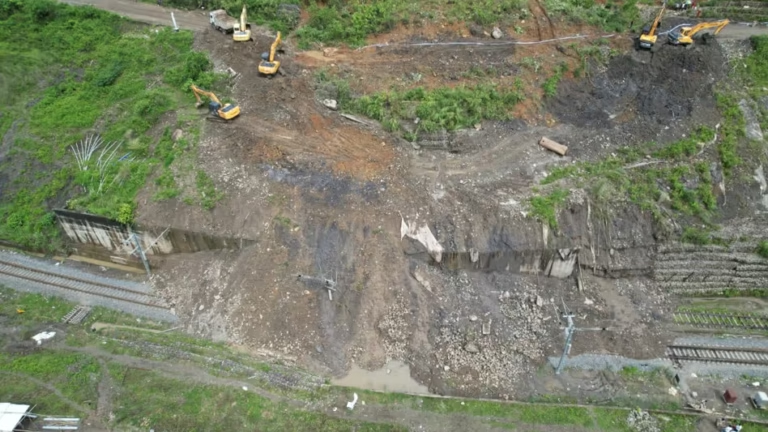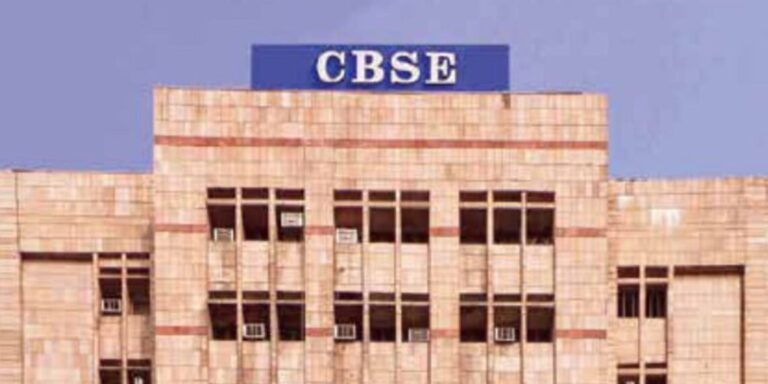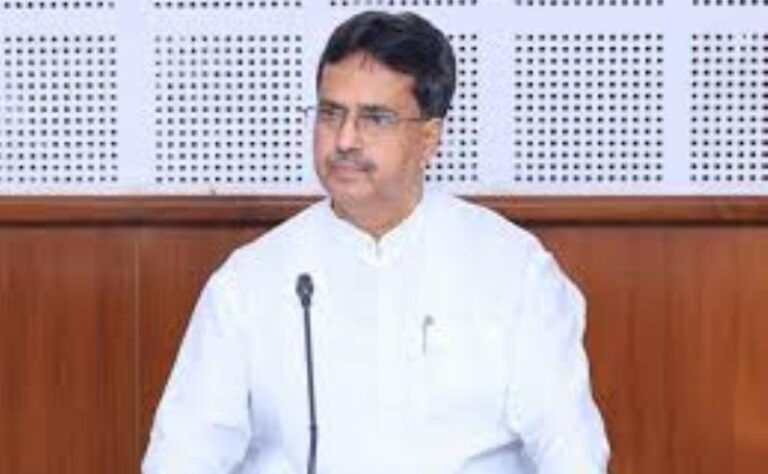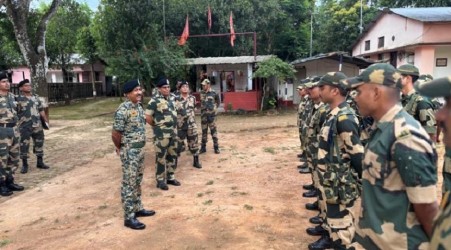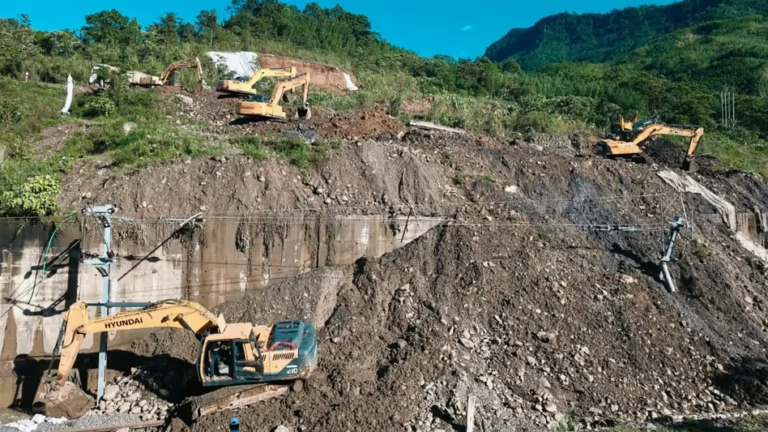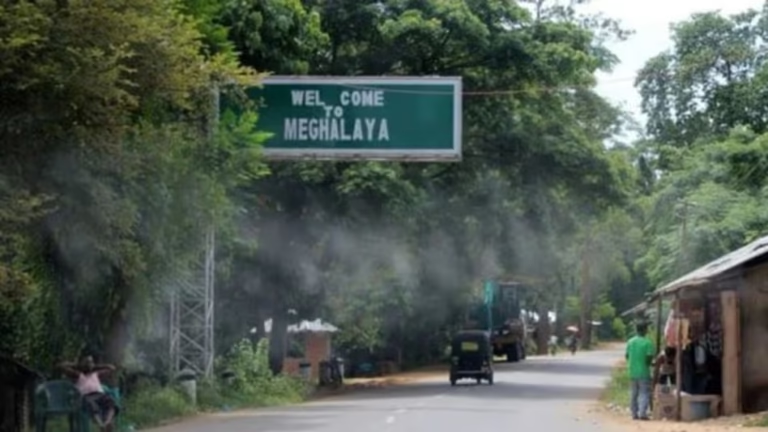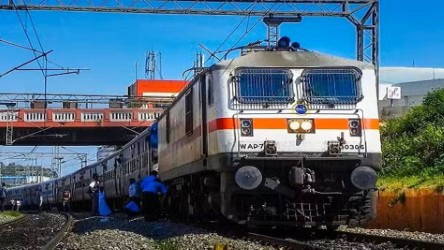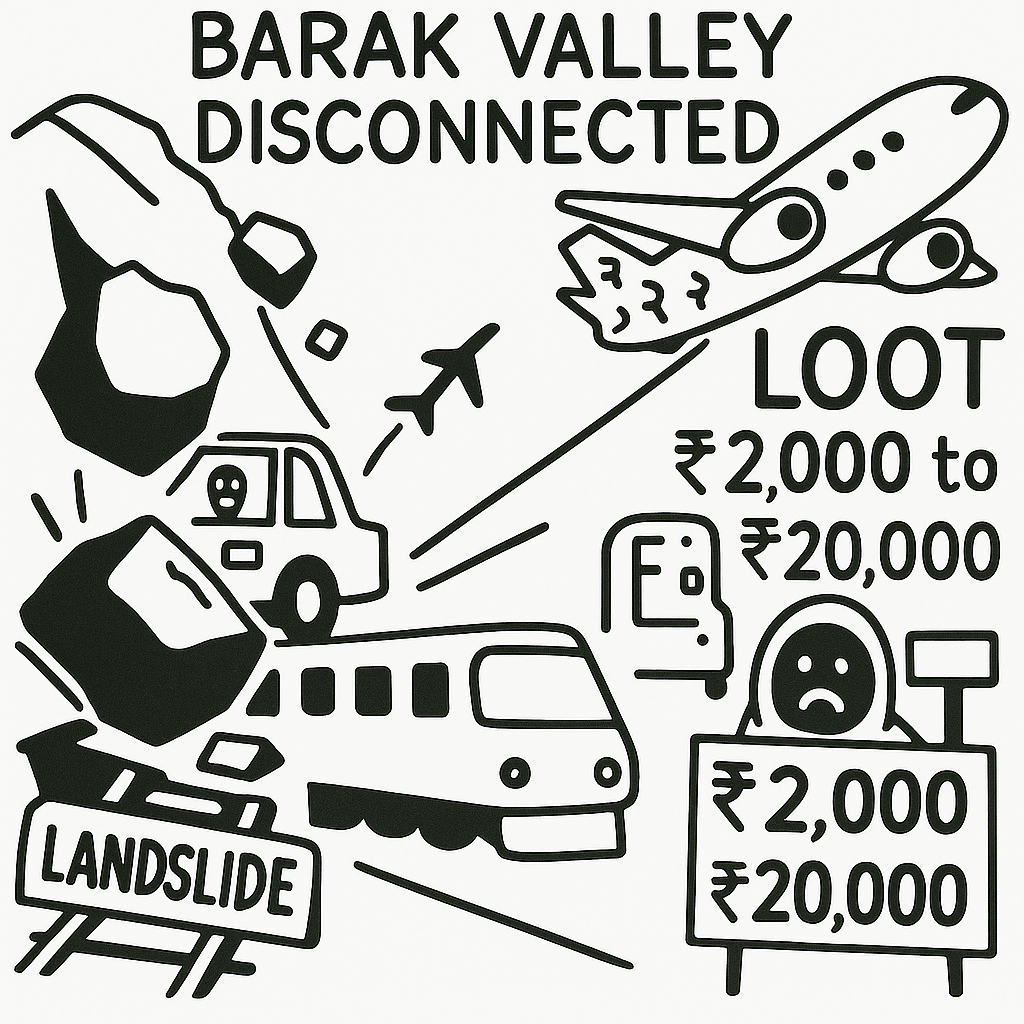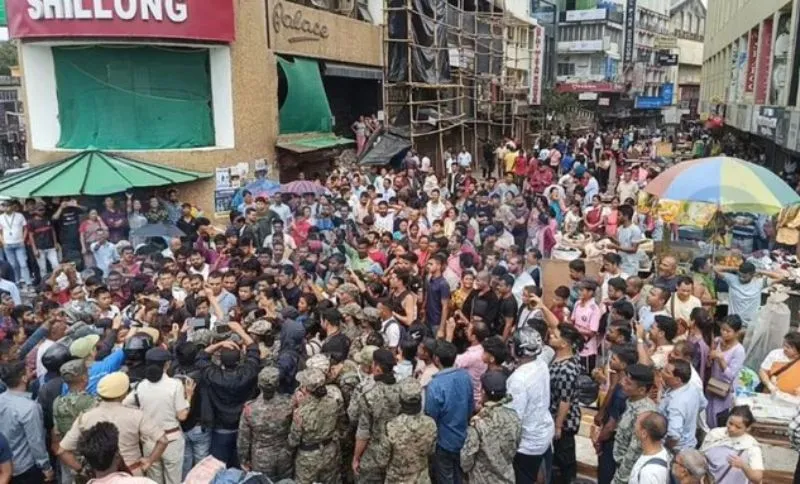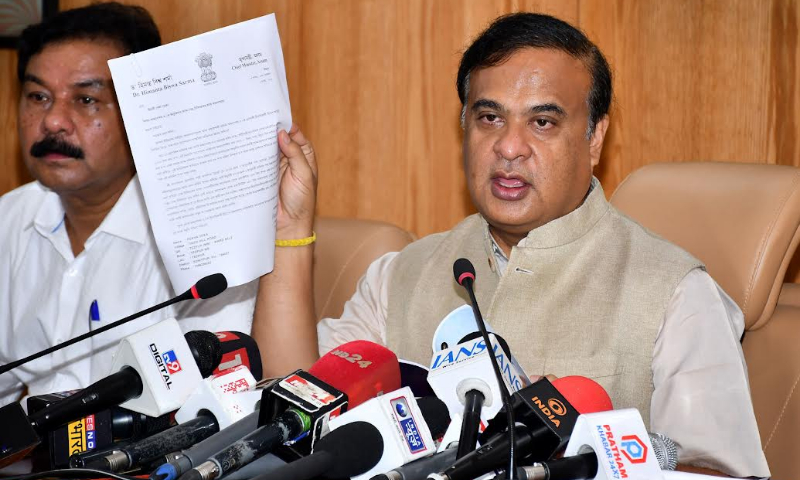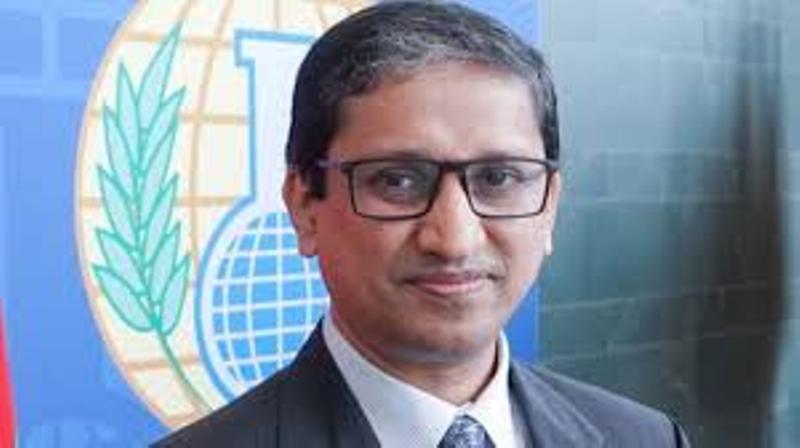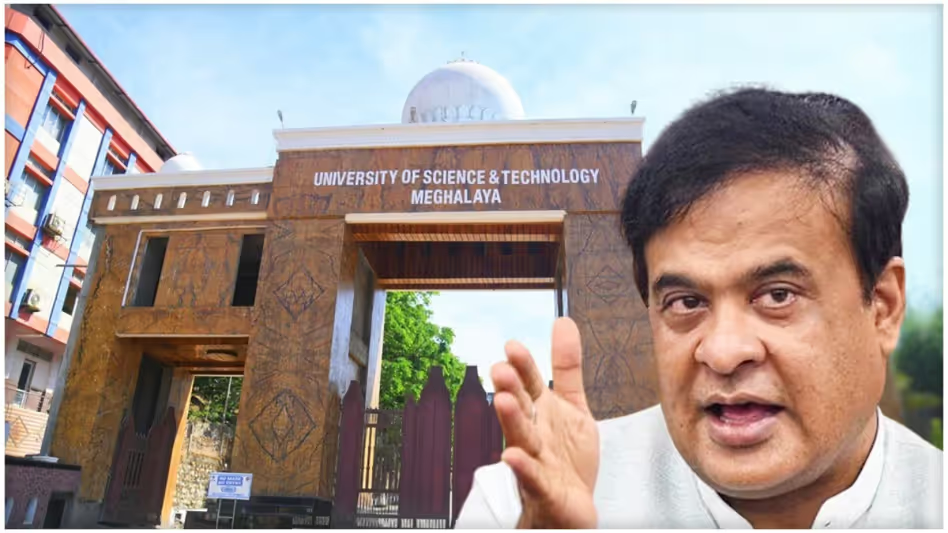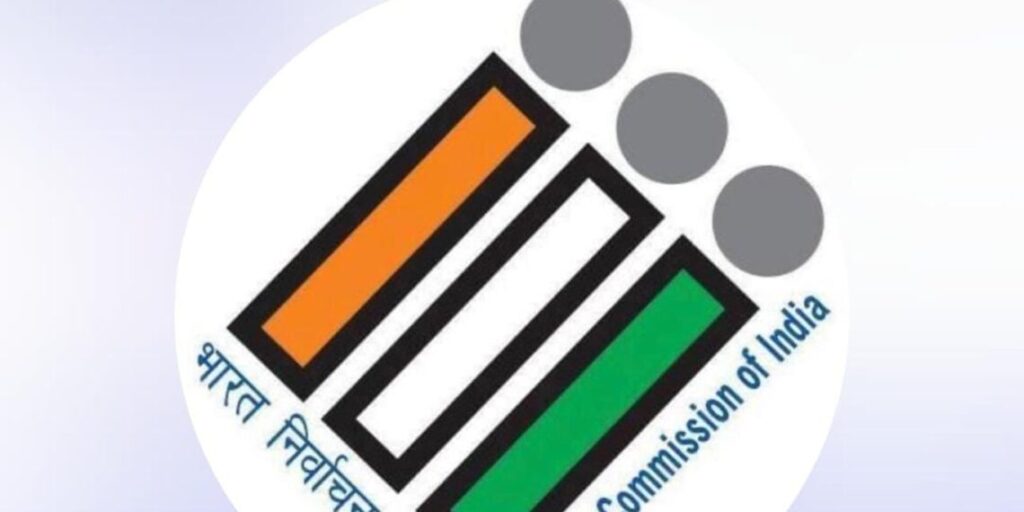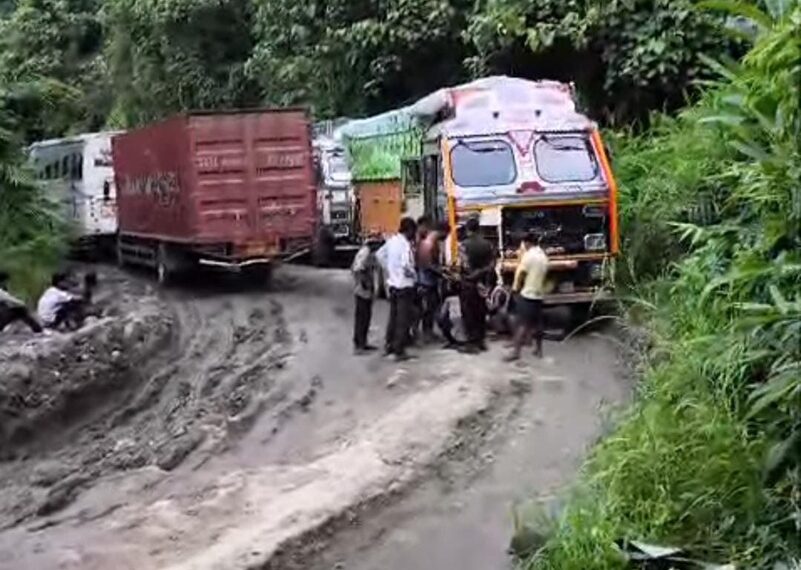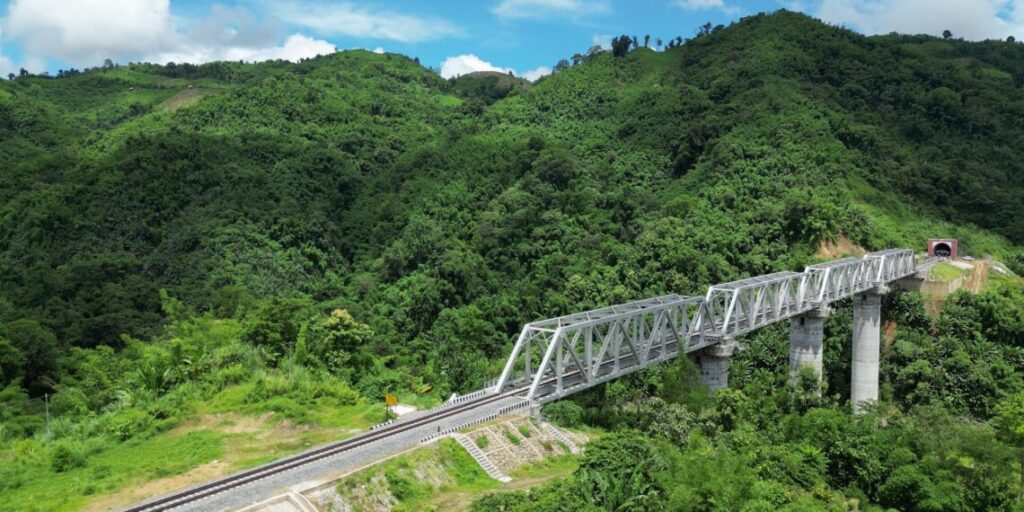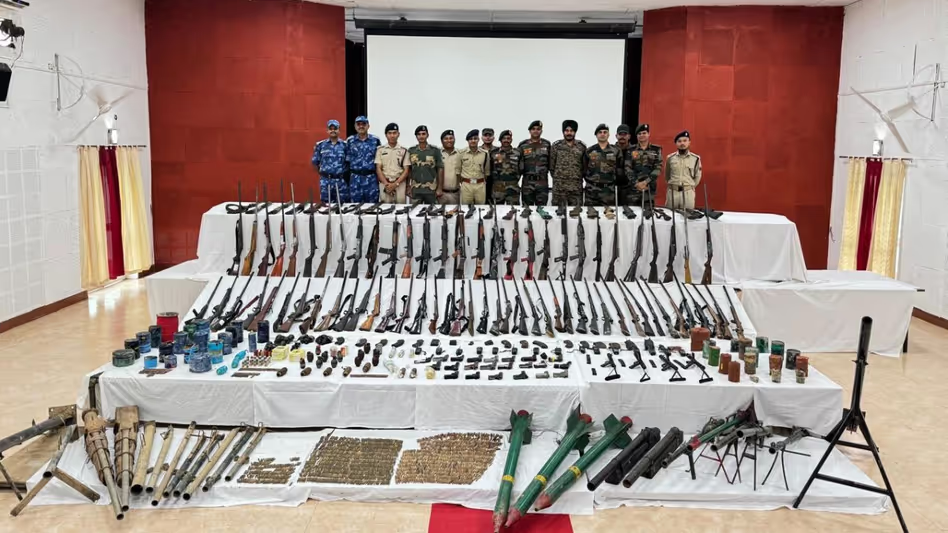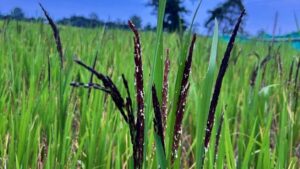Indian Railways has announced a revised fare structure effective July 1, 2025, marking its first hike in several years to address rising costs and inflation. The increase will not affect suburban trains, monthly season tickets, or ordinary second-class travel up to 500 km. For longer journeys, ordinary second-class fares will rise by 0.5 paise per km, non-AC Mail/Express by 1 paise per km, and all AC classes by 2 paise per km.
Additionally, from July 1, Aadhaar authentication will be mandatory for Tatkal ticket bookings on IRCTC platforms, with Aadhaar-based OTP verification enforced from July 15. IRCTC agents will also be barred from booking Tatkal tickets during the first 30 minutes of the booking window, aiming to enhance transparency and curb misuse. These reforms aim to create a more secure and passenger-friendly railway system.
